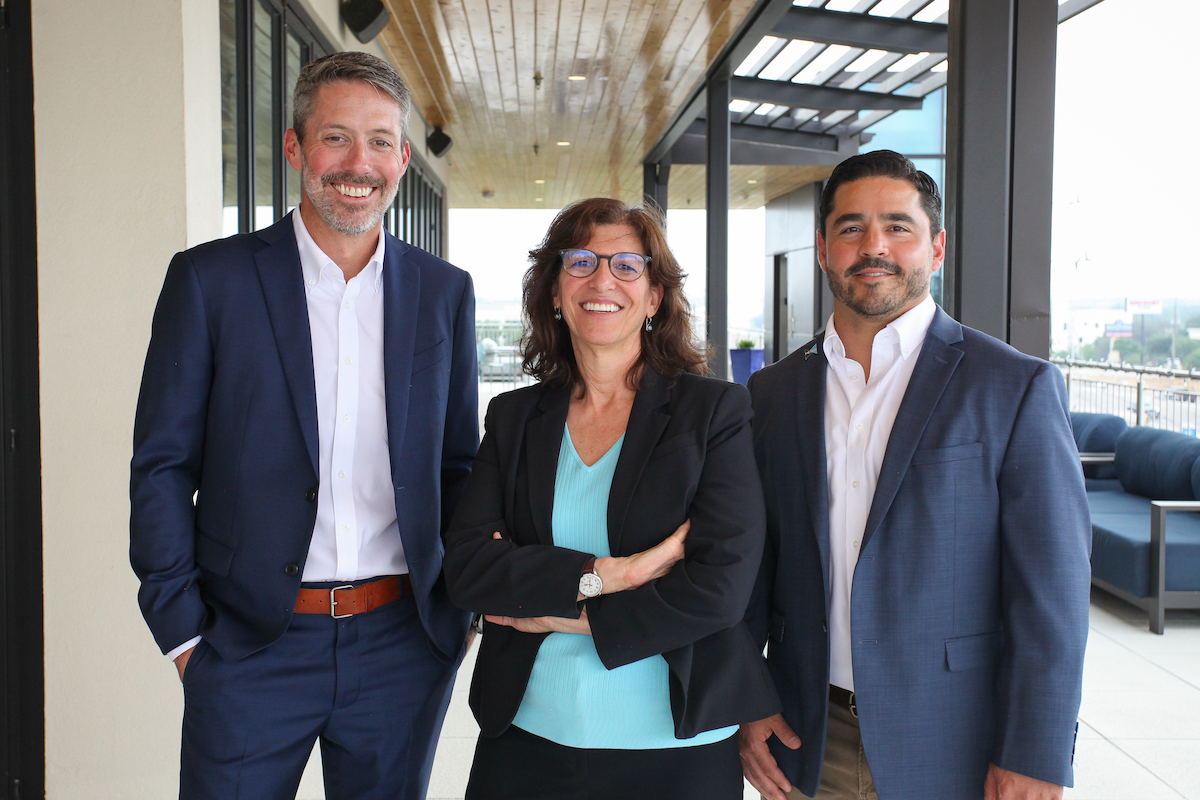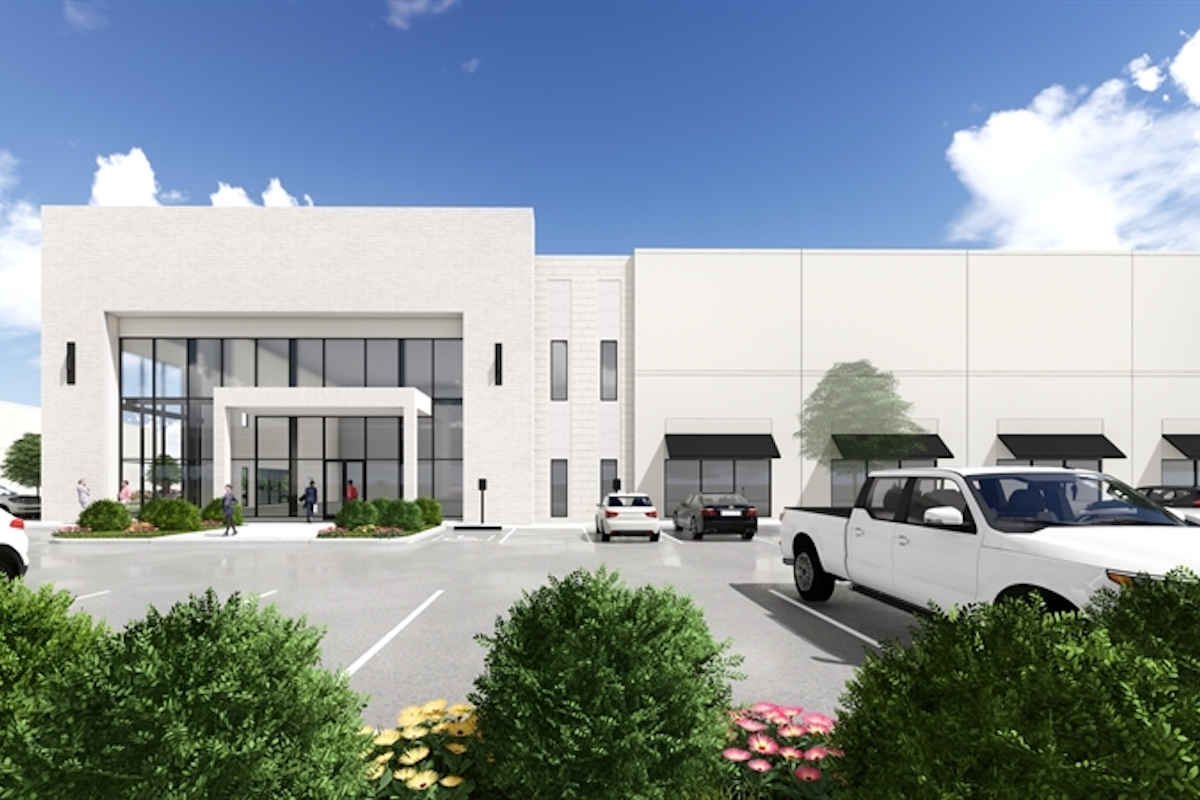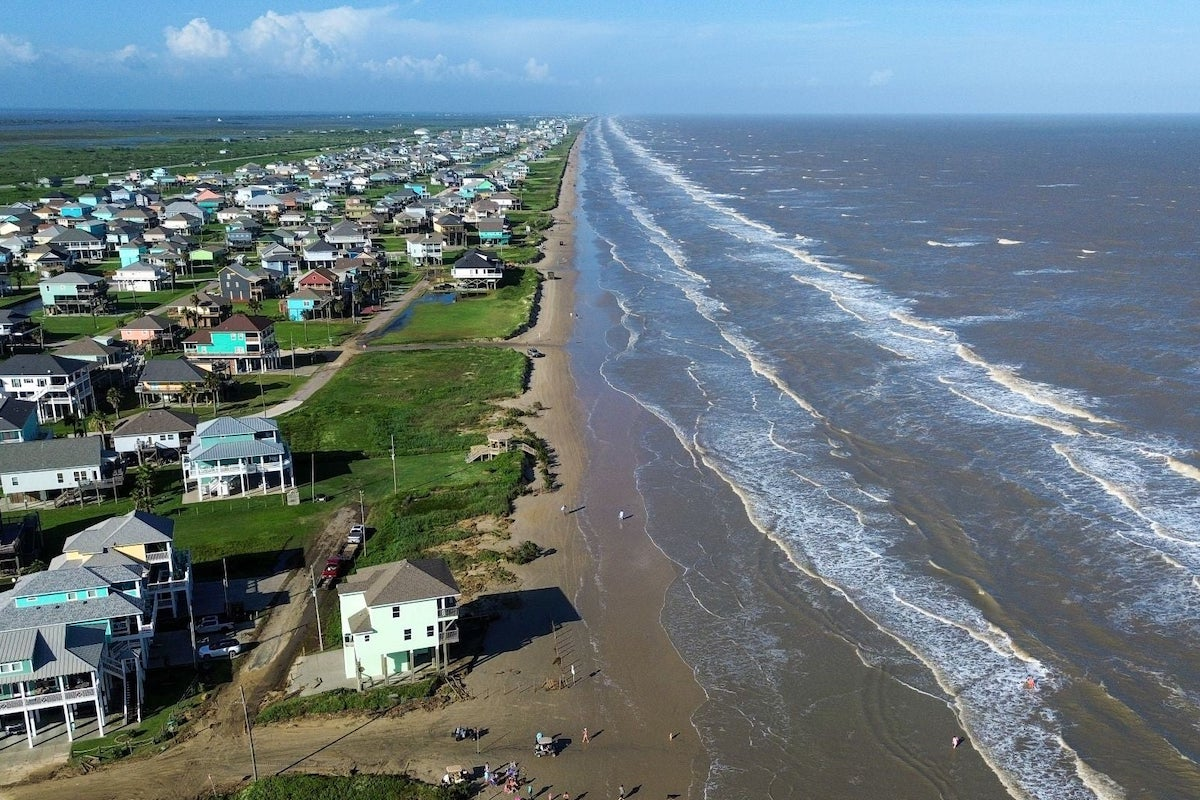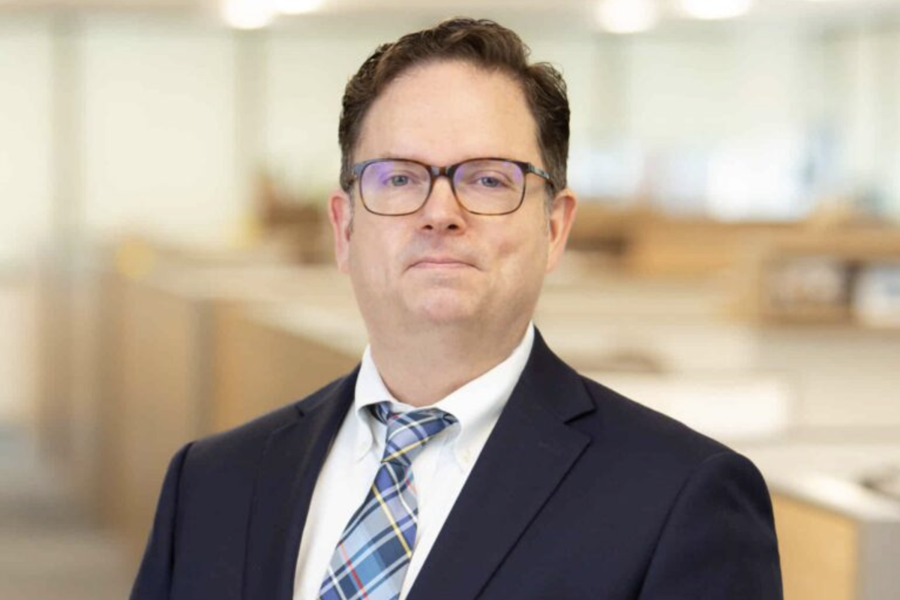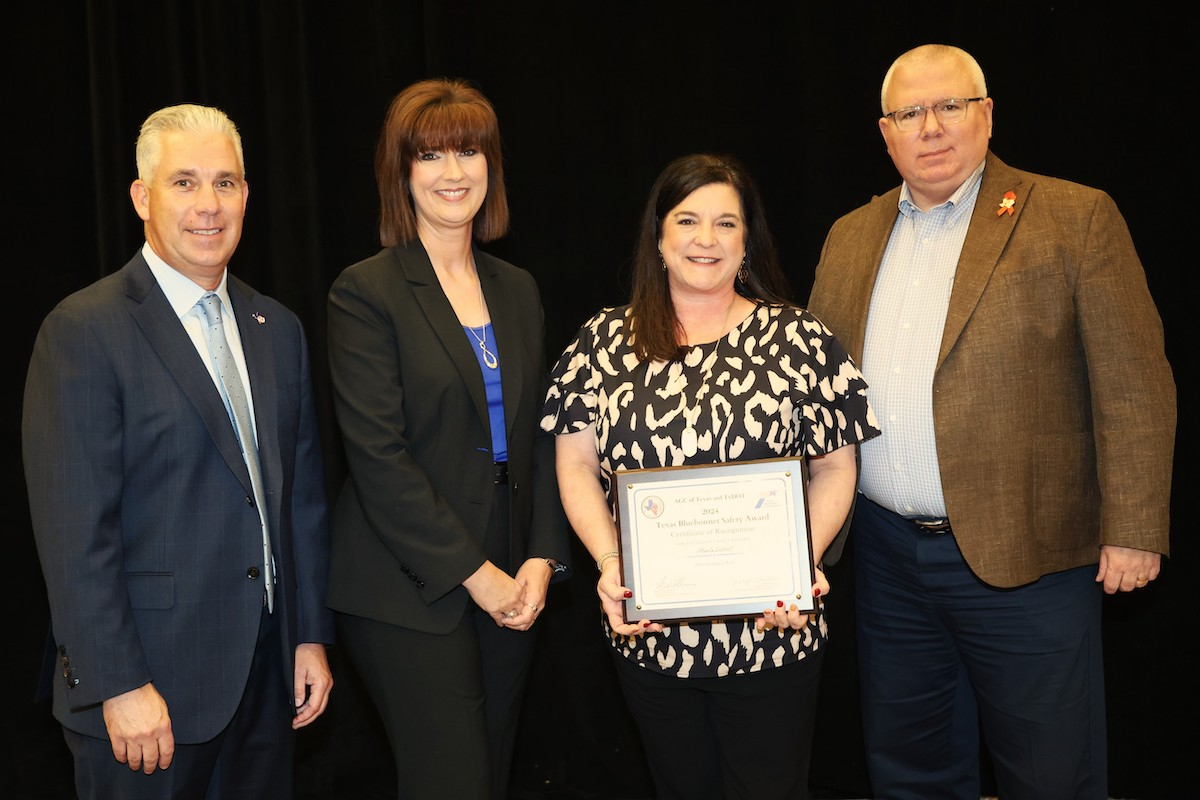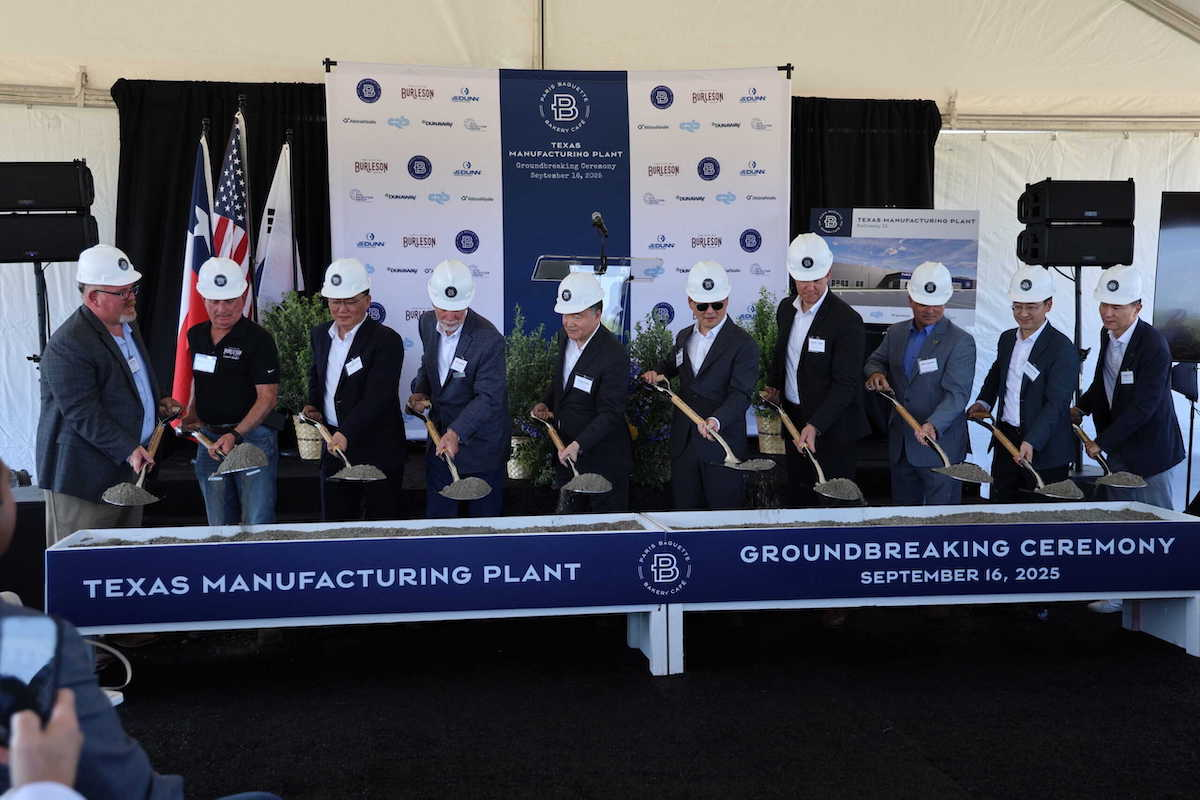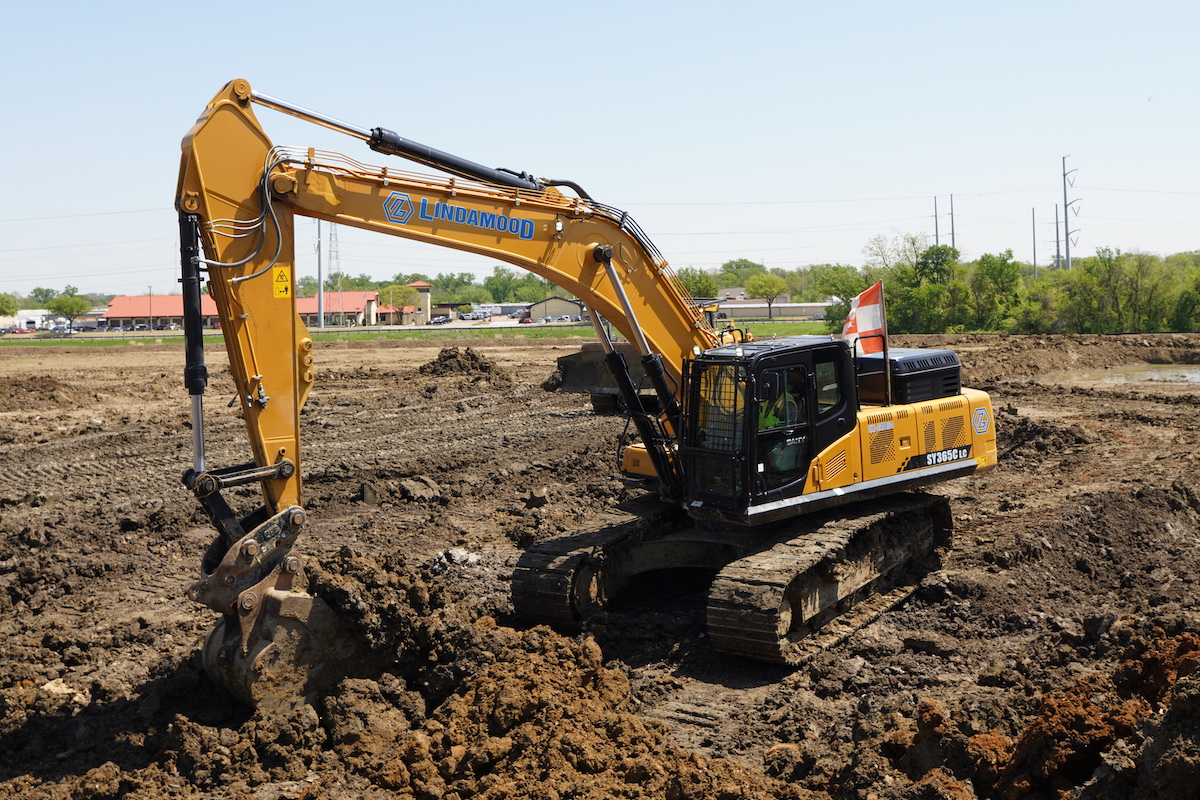The proposed investment would turn Samsung’s existing presence in Texas into a comprehensive ecosystem for the development and production of chips in the United States, including two new logic fabs, an R&D fab, and an advanced packaging facility in Taylor, as well as an expansion to their existing Austin facility. Because of investments like Samsung’s, the United States is projected to be on track to produce roughly 20 percent of the world’s logic chips by 2030.
“I signed the CHIPS and Science Act to restore U.S. leadership in semiconductor manufacturing and ensure America’s consumers, businesses, and military maintain access to the chips that underpin our modern technology,” President Joe Biden said. “This announcement will unleash over $40 billion in investment from Samsung and cement central Texas’s role as a state-of-the-art semiconductor ecosystem, creating at least 21,500 jobs and leveraging up to $40 million in CHIPS funding to train and develop the local workforce.”
The proposed CHIPS investment in Samsung would propel Central Texas into a leading-edge ecosystem, creating over 17,000 construction jobs and more than 4,500 good-paying manufacturing jobs within the next five years, while stimulating regional commercial growth, leveraging the robust two-year and four-year academic footprint in the state to produce the skilled workers needed to fill the critical roles created by the proposed investment. With these proposed investments and the formation of this ecosystem, CHIPS for America would be helping to deliver on the CHIPS Vision for Success and contributing to the development of the local communities across Central Texas.
The proposed investment would be split across multiple projects at two separate locations in Central Texas:

| Your local Gradall Industries dealer |
|---|
| WPI |
| ASCO Equipment |
| Kirby-Smith Machinery |
- Taylor, Texas: Construct a comprehensive advanced manufacturing ecosystem, ranging from logic to packaging to R&D, transforming the small municipality of Taylor into an expansive hub of semiconductor manufacturing. This ecosystem would include two logic foundry fabs focused on mass production of 4nm and 2nm process technologies, an R&D fab dedicated to development and research on technology generations ahead of nodes currently in production, and an advanced packaging facility producing 3D High Bandwidth Memory and 2.5D packaging, both of which have critical artificial intelligence applications. The semiconductors that are designed and manufactured in this ecosystem would serve a wide variety of end markets — from communications, automotive, and defense industries to high-performance computing and artificial intelligence.
- Austin, Texas: Expand a facility that has been an economic engine for Central Texas for nearly 30 years. This proposed investment would expand the existing facilities to support the production of fully depleted silicon-on-insulator (FD-SOI) process technologies for critical U.S. industries, including aerospace, defense, and automotive. This proposed investment also includes commitments to collaborate with the U.S. Department of Defense.
Samsung has a proven record of workforce engagement in Texas, including robust partnerships with local education institutions — such as Austin Community College, The University of Texas at Austin, Texas A&M University, Texas State Technical College, Temple College, Manor High School, and Taylor High School — to train its future semiconductor workforce. The proposed CHIPS investment also includes up to $40 million in dedicated workforce funding. Additionally, to attract and maintain the skilled workforce necessary for its projects, Samsung is exploring options in collaboration with the department to build supply and defray the cost of high-quality and accessible child care for its employees.
Samsung’s waste management efforts at its Austin site have received the Zero Waste to Landfill Gold Level certification for recycling or reusing 96 percent of waste, and its wastewater pretreatment practices have received longstanding recognition from the City of Austin. The Taylor site would use sustainability strategies to promote carbon-free electricity use, conserve water resources, and avoid or reduce other impacts to the environment.
In addition to the proposed direct funding of up to $6.4 billion, the company has indicated that it plans to claim the U.S. Department of the Treasury’s Investment Tax Credit, which is expected to cover up to 25 percent of qualified capital expenditures.












